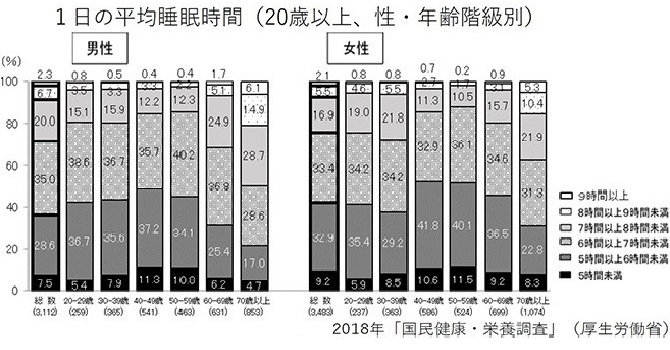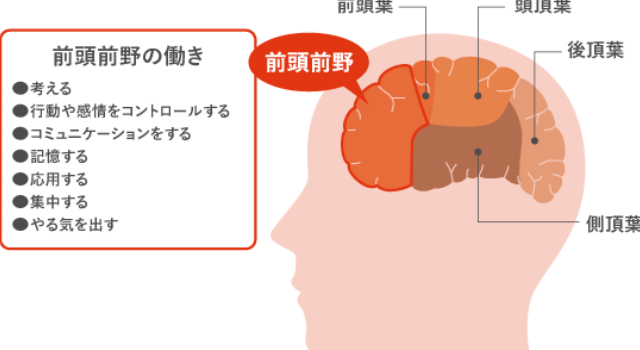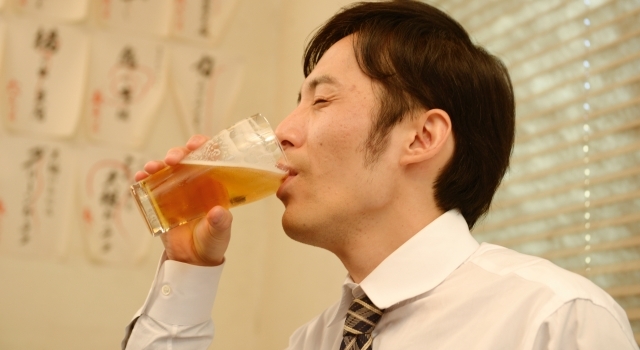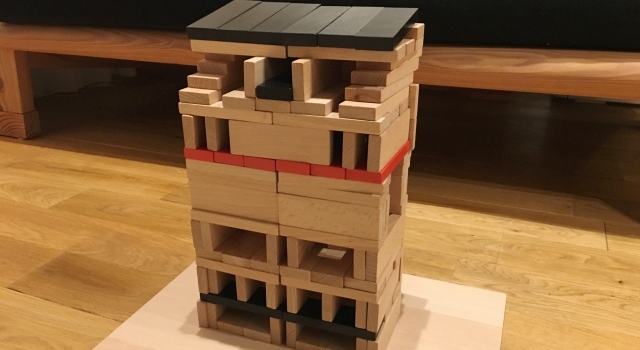According to the 2018 National Health and Nutrition Survey of Japan, around 40% of adults sleep less than six hours a day on average. In terms of age, both men and women in their 40’s lack sleep: 48.5% of men and 52.4% of women get less than 6 hours of sleep, and data shows that it is getting worse.
Lack of sleep can have adverse effects such as increased risk of developing dementia and other related diseases. For example, Alzheimer’s disease is caused by the deposition of a substance called “amyloid β” in the brain, which kills brain nerve cells. This substance is a waste product that is excreted during non-REM sleep where the brain is resting while sleeping, draining such waste products and performing brain maintenance such as recovering from fatigue.
Those in their 40’s and 50’s who do not get enough sleep will begin to accumulate “amyloid β”, which increases the risk of dementia as well as brain dysfunction. As dementia progresses, the hippocampus of the cerebrum shrinks, and it appears as a symptom of hippocampal dysfunction that makes it difficult to retain new memories.
However, to prevent dementia, it does not mean that individuals should sleep for a longer time; rather, it is more important to make an effort to get a good night’s rest by practicing moderate exercises, eating meals around 3 hours before going to bed, refraining from excessive alcohol intake and so forth.









